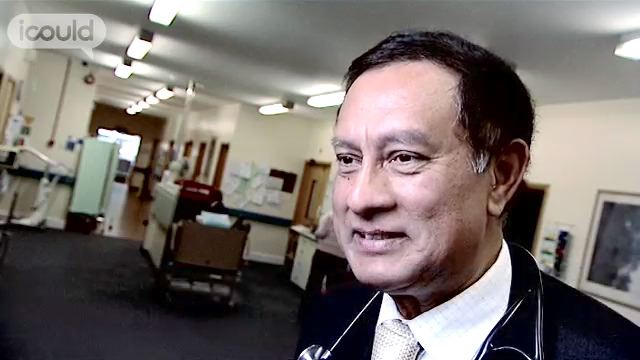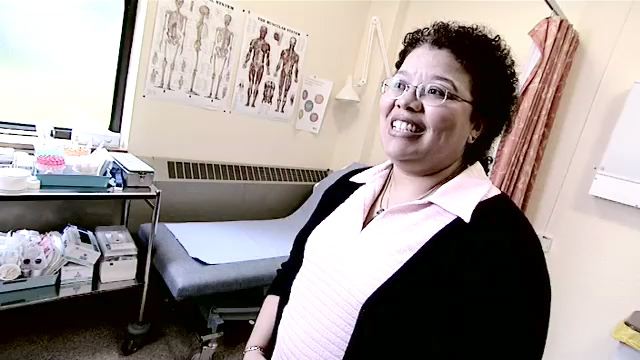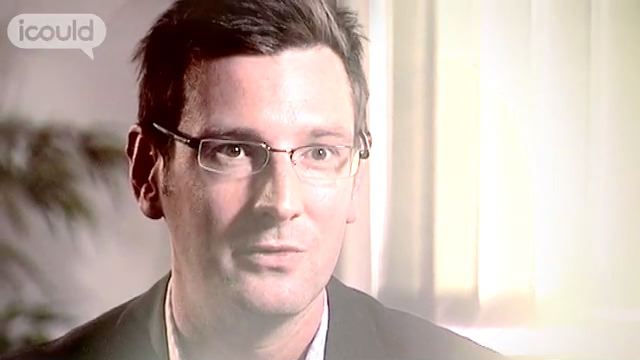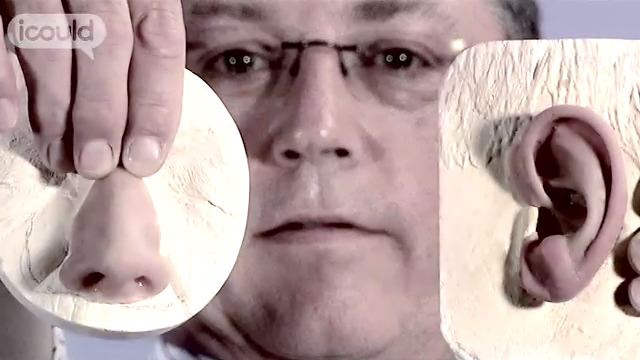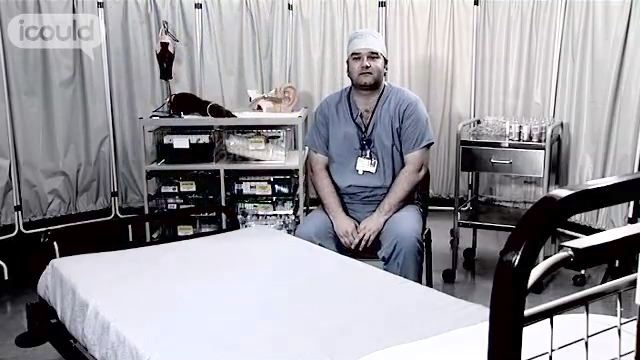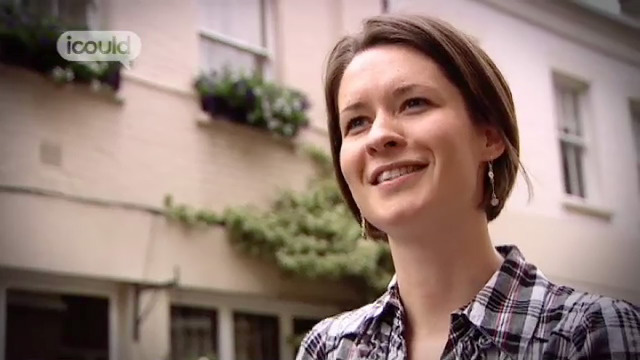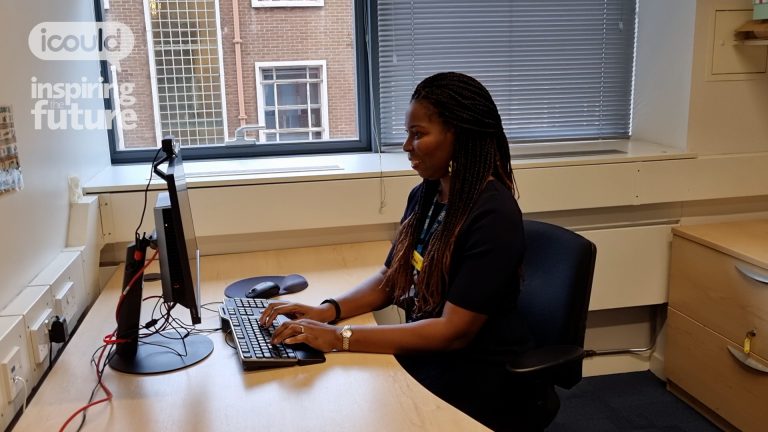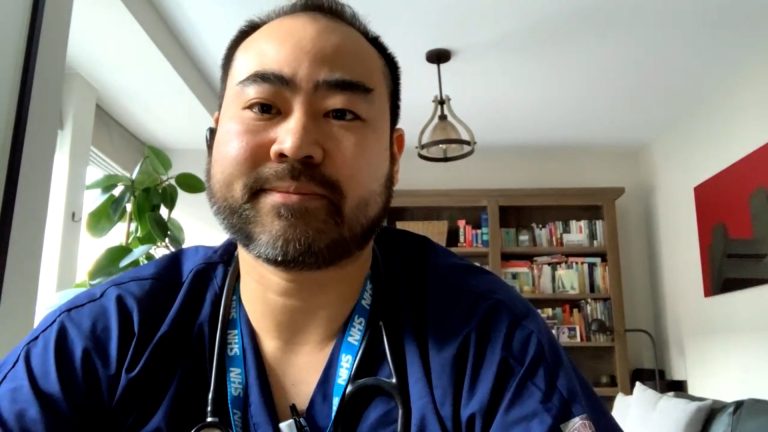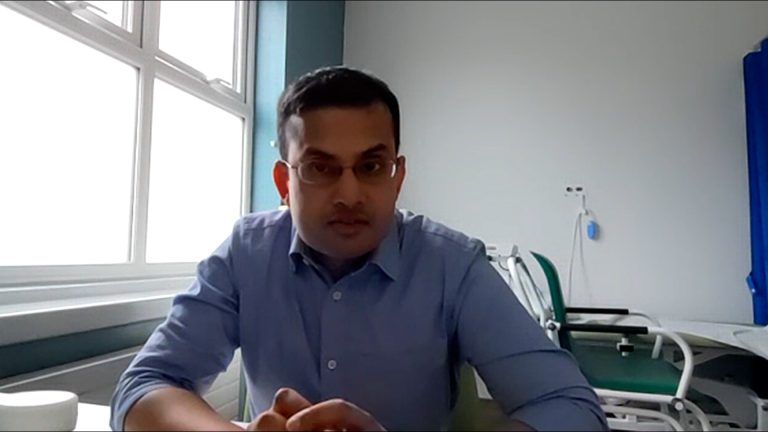Maxillo Facial Technician
Addenbrookes Hospital
Renny T
00:00:03 My name is Renny T and I’m and Maxillo Facial and Orthodontic Technologist. My job involves making orthodontic appliances, and facial and body prostheses for patients in the hospital, both they’re from our department and other specialities. I make fingers, eyes, ears, noses, and ordinary dentures. The strangest thing I have made is a chrome cobalt tooth for an Alsatian dog.
00:00:34 The patient would have lost the eye probably through cancer, and we would take an impression of the face. We would then produce a prosthesis, that would just stick onto the face with glue.
00:00:49 Every day is different. You never know what’s going to – what’s going to turn up. I’m very very lucky. I think I’m probably one of the very few people who really doesn’t know what it’s like not to want to go to work. The sense of achievement is – is good. It’s probably one of the things that drives me. Going to work and knowing that by the end of the day you will have produced something that a) you’re proud of, and you know, or you hope, that the patient will be happy going away with.
00:01:29 The relationships that we have with all of our prosthesis patients is long term. I have a patient who was a little two year-old baby but – and unfortunately she was born without any arms, and I’m just making arms as she grows. I’m going to be seeing her later on today actually.
00:01:55 I got into this job really by accident. When I left school I wanted to do exactly the same job as my father, which was an engine fitter. So I went to the RAF Careers Office and applied for a job as an engine fitter, but unfortunately there weren’t any vacancies. And it was purely by chance that I picked up a leaflet showing this bloke in a white coat with a set of dentures in his hand. And I thought, that looks clean, I’ll have a go at that. So I just knocked on the door and said Excuse me, would it be possible to be one of these? It was one of those random things. And it was a bit of a rush, I had to go to RAF Oulton for manual dexterity tests. But I passed those, and I was fortunate to join the Air Force as a Dental Technician.
00:02:47 To become a Maxillo Facial Technologist you have to be a Dental Technologist initially. You can either do that by going to college, or there are University courses available full time. Once you have qualified you need to get a post in a hospital that actually has Maxillo Facial Technologists.
00:03:12 I went on a course with a load of plastic surgeons, which was really really interesting. And the courses that you can go on as a qualified Dental Technician, are amazing. You come away with a wonderful looking prosthesis, and you know that when you get back to work, you know, you can produce these things for the patient.
00:03:36 I did consider going into Special Effects and theatrical makeup. The option was there, it did appeal, and then I realised that I love the patients and the hospital environment too much to want to leave it.
00:03:53 ENDS
Renny T is a prosthetic technician in a hospital. “My job involves making orthodontic appliances, and facial and body prostheses for patients in the hospital…….I make fingers, eyes, ears, noses and ordinary dentures.”
More information about Generalist medical practitioners
The UK average salary is £29,813
There are 37.5 hours in the average working week
The UK workforce is 47% female and 53% male
Future employment
- Examines patient, arranges for any necessary x-rays or other tests and interprets results
- Diagnoses condition and prescribes and/or administers appropriate treatment
- Administers medical tests and inoculations against communicable diseases
- Supervises patient’s progress and advises on diet, exercise and other preventative action
- Refers patient to specialist where necessary and liaises with specialist
- Prepares and delivers lectures, undertakes research, and conducts and participates in clinical trials
- Supervises the implementation of care and treatment plans by other healthcare providers
